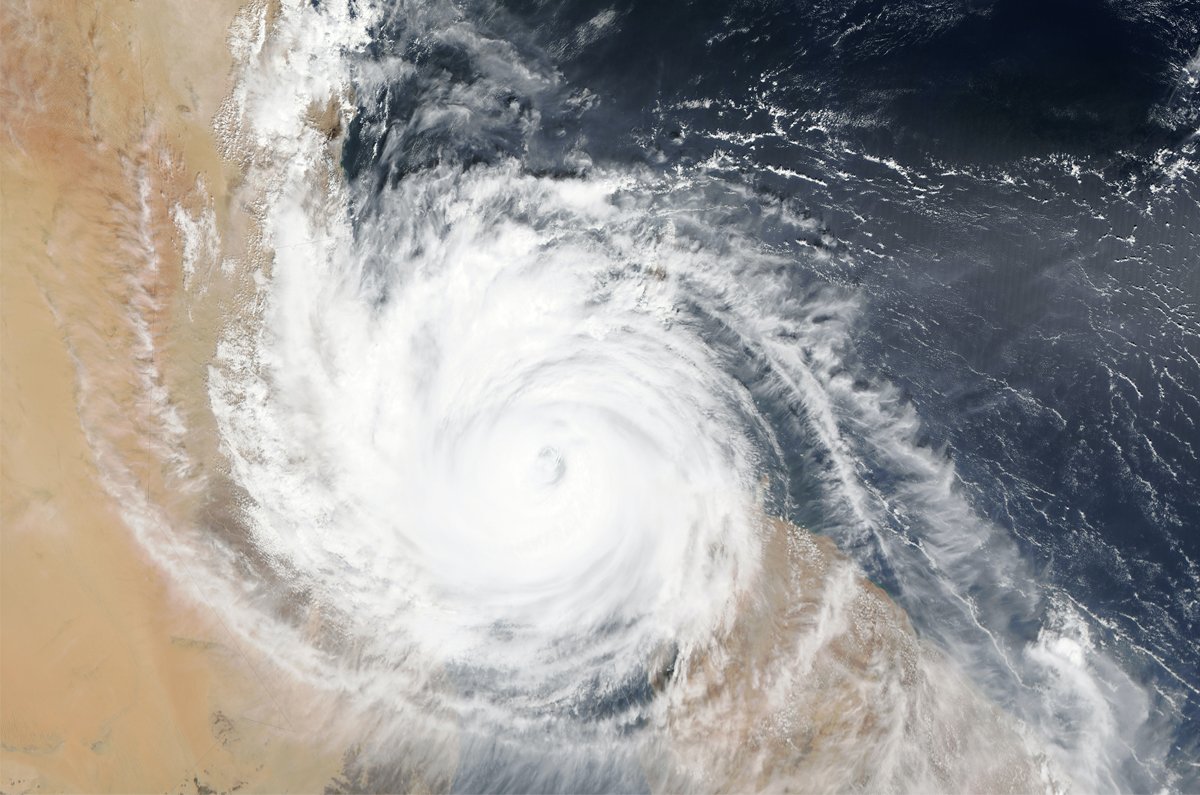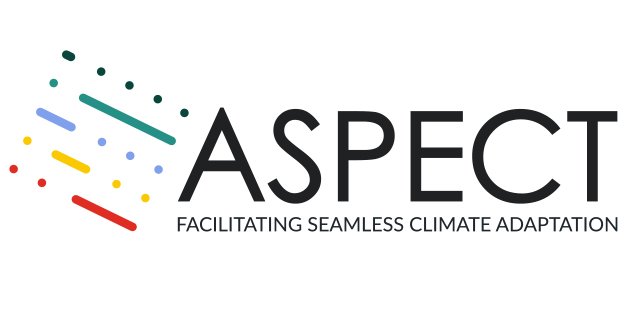The Institute for Earth System Predictions (IESP) is committed to improving the CMCC climate modeling capacities and fostering the transfer of scientific insights into enhanced predictive skills and planning tools. We are committed to advance the understanding of the climate system and of climate changes across multiple spatio-temporal scales in support of local and national response to emerging climate risks.
IESP aims to address societally relevant key questions related to climate science and advance seamless predictions of the earth system from the global to the local scales and from short term to multi decadal time scales in support of scientifically based decision making.
Our Expertise
IESP capacities build on a diversity of dynamical, statistical and data-driven modeling approaches and on R&D activities on Computation Science which include: i) Multi-scale modeling and predictive competencies, from sub-seasonal to multi-decadal ; ii) Global, regional and coastal ocean operational forecasting services; iii) Data assimilation in different components of the climate system (ocean, sea ice, atmosphere, and land); iv) Innovative marine coastal observing, modelling systems and applications; v) Marine and land bio-geochemical modeling; vi) Advanced computing techniques and innovative platform for data analysis and management for an optimal exploitation of numerical models on HPC and cloud architectures; vii) Artificial Intelligence and Machine Learning methods.
In pursuing its scientific vision and ambitious goals, the Institute and its Research Divisions align with the CMCC mission, ensuring that approaches, data, and software adhere to the overall Foundation’s strategy in the context of open science principles.

IESP Publications
The Brazil current and intermediate Western boundary current flows through the Vitória-Trindade Ridge – South Atlantic ocean
Barberini F.D.T., Paiva A.M., Santos Da Costa V. , Mill G.N., Gabioux M., Cirano M.
2025, Ocean Dynamics, Volume 75, Issue 6, doi: 10.1007/s10236-025-01691-6
Baseline Climate Variables for Earth System Modelling
Juckes M., Taylor K.E., Antonio F., Brayshaw D., Buontempo C., Cao J., Durack P.J., Kawamiya M., Kim H., Lovato T., Mackallah C., Mizielinski M., Nuzzo A., Stockhause M., Visioni D., Walton J., Turner B., O’Rourke E., Dingley B.
2025, Geoscientific Model Development, 18, 2639–2663, doi: 10.5194/gmd-18-2639-2025
Cause of the Recent Tendency of Tropical Cyclones Approaching Coasts as Revealed by HighResMIP-PRIMAVERA Simulations
Ogawa F., Minobe S., Roberts M.J., Haarsma R., Putrasahan D., Scoccimarro E., Terray L., Vidale P.L.
2025, Journal of Climate, Volume 38, Issue 5, Pages 1351 - 1364, doi: 10.1175/JCLI-D-24-0173.1








